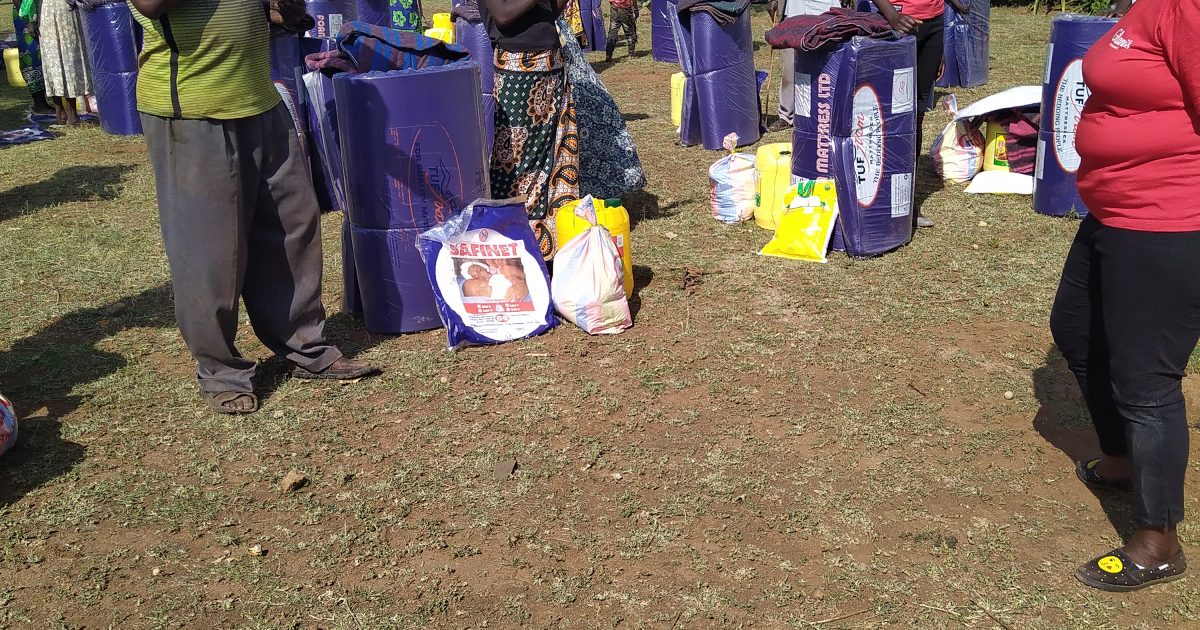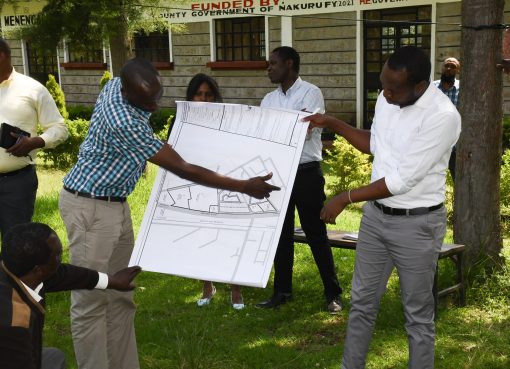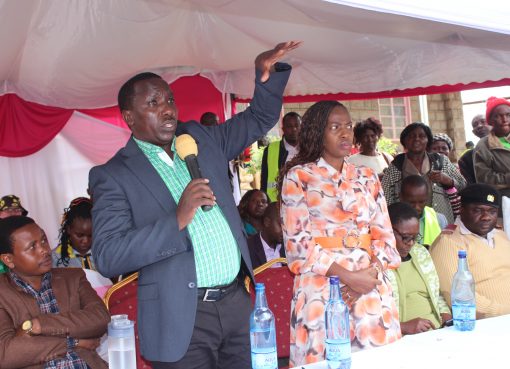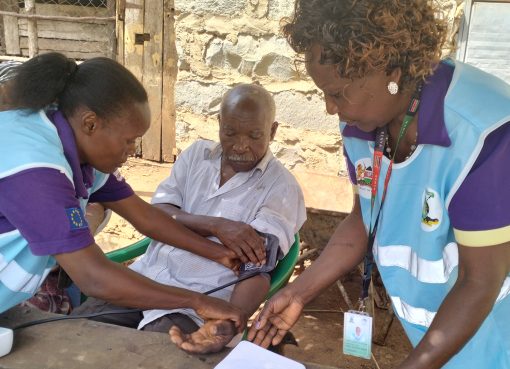Nakuru County has the largest number of Internally Displaced Persons (IDPs) due to the 1990s tribal clashes instigated by political upheaval at the time the country was transitioning from a single-party state to multi-party democracy.
According to Kepha Mugenyi, the Secretary of the Kenya IPDs Network launched in 2003, currently there are 430,000 IDPs in the County and they have greatly contributed to the attractive description of the County, as the leading multi-ethnic area in the country.
However, he said, half of the number were nonpolitical IDPs, those who have been displaced by drought, flooding, economic hardships and family conflicts that banish some members from their homesteads.
He said irrespective of the reasons, either politically instigated or natural disasters, IDPs suffer more than refugees, because they stay in their home country often remaining close to the conflict zones and they lack the same protection as refugees, even though they move for the same reasons.
Giving examples of the Athenai IDPs Camp in Rongai Sub-county, he said, their status was activated by a serious drought in the 1940s and as the Turkana pastoralists moved with their livestock’s and families, they chanced on the Makongeni Sisal farm that was willing to accommodate them.
However, he said, because their livelihoods became better due to enough pastures and casual jobs, they decided to settle, they did not once imagine that someday, they would be forced out of the farm and become bearers of the unsavory name of IDPs.
The Chairman of the Athenai IDP’s Camp Ekai Chekolei, says he finds it amazing and tragic whenever they are told to return to their home County, Turkana.
“I was born and brought up at the Makongeni Sisal Farm, in Nakuru County, any talk of another County is an abuse of my human rights, since various tribes are spread all over the country for reasons better known to them, ’said Ekai.
Mugenyi said there is no ethnic group in the country right now domiciled, solely, in one place or where their forefathers originally settled.
He urged Wananchi to stop alienating anybody settled in their midst on the basis of the ‘other tribe’, since they have no idea where their children or grandchildren will choose to settle in future.
The IDP Secretary castigated the ongoing Laikipia clashes and advised the pastoralists that the idea of an exclusive tribal region, was no longer tenable in the country.
He says people have moved out of their tribal original settlement due to various reasons and that it was good for the economic and cohesion as well as an all-inclusive development of the country.
Mugenyi said the saddest IDPs were those who have been banished from their homesteads due to family conflicts, such as unfair distribution of inherited land or widowhood.
He added that unlike other IDPs, nobody addresses their plight and yet it’s a fact that they have been displaced and even if they win protracted court cases, their safety was never assured.
Mugenyi observes that the constitutional mandate of all children inheriting land, irrespective of their gender, has been hindered by ingrained male dominance traditions.
“All over the country, there are single mothers who live behind shops in mabati buildings and the major reason was disinheritance by their brothers or uncles, who demand that they ought to get married,’’ he said.
Mugenyi said the unresolved protracted conflicts, massive human rights abuse and natural disasters have increased the internal displacement of people in Africa, adding that it was time the African Union (AU) prepared laws and pooled money for their protection.
He regretted that the country lacks a legal and institutional framework that defines and recognizes IDPs and many of them depend on well-wishers while they continue living in abysmal conditions.
He said, unlike the Athenai IDPs who are still living in a camp, the majority of the other IDPs were invisible because they are scattered all over in search of livelihoods and a majority of them joined the urban poor at several informal settlements.
In addition, he said, the IDP Network was mainly an organization of former or current IDPs and they lack resources for lobbying for their rights.
Mugenyi said the worst pain and abuse for IDPs were when a fellow citizen tells another Kenyan ‘Rudi kwenu’ or return to your original tribal settlement and yet that person has never lived at that place and neither do they own property or have any attachment to the area.
He noted with concern that as the country approaches the August 9th 2022 General Election, there was a need for reduced tensions, because the regressive tribal talks, endanger the safety of those who have settled outside their original tribal settlement area, because criminals use political excuses to attack them.
By Veronica Bosibori





